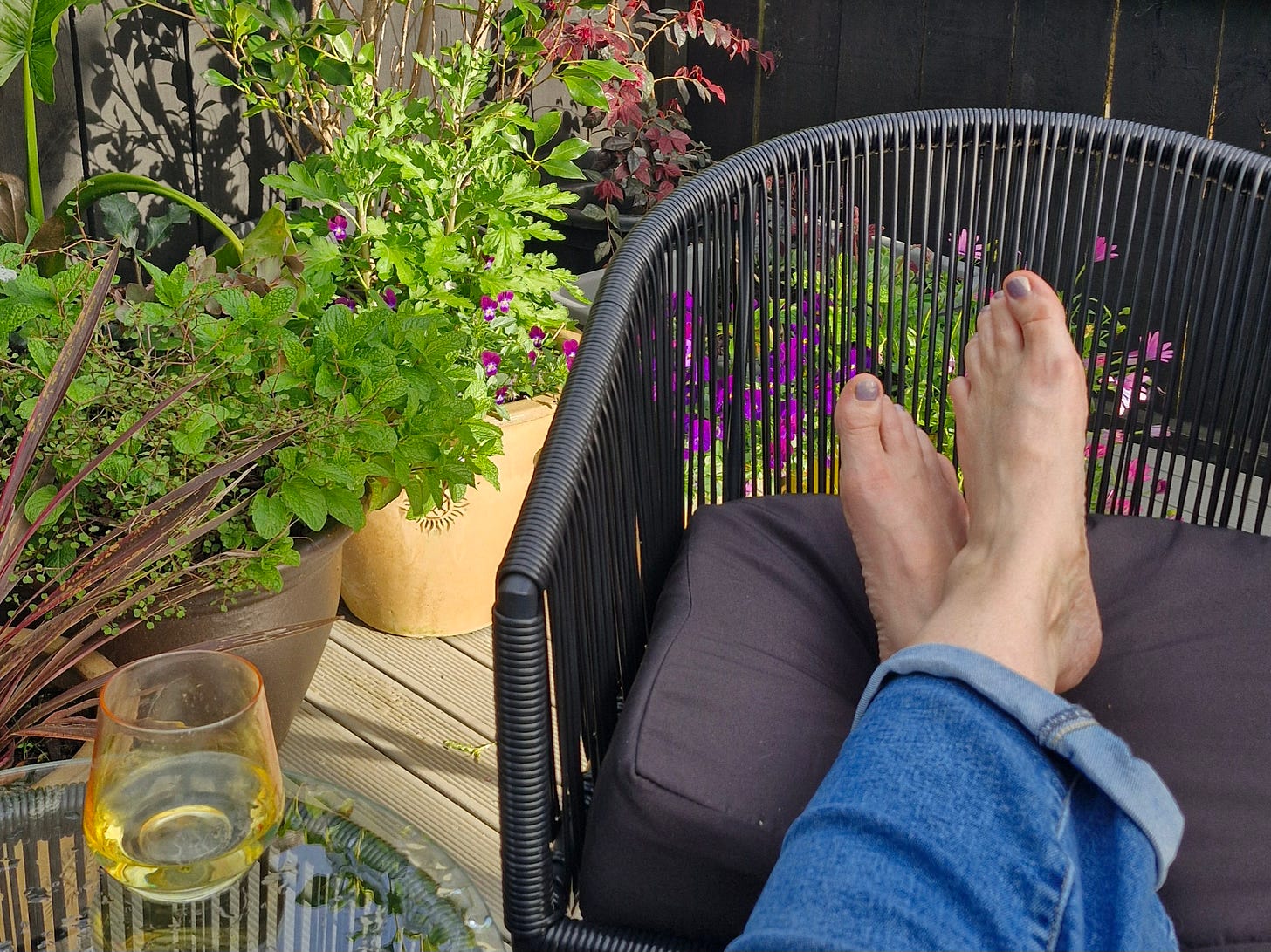I’ve been pondering a lot lately on the idea that Rest is Resistance.
Taking time to rest and care for ourselves is an important part of resisting, and even more so in neoliberal and capitalist times, when we are constantly pushed to do more, be more, hustle more.
As Chloe Swarbrick recently said, “The kaupapa never sleeps, but in order to live our values, we as people really do need to.”
I’m not very good at resting.
I’ve been trying to get better at it. Some weeks I’m better at it than others.
For parents of disabled children, being able to rest requires being able to access respite from both parenting and caregiving duties. This can be doubly challenging for a range of reasons:
Sometimes grandparents or wider family members don’t feel confident administering medications, or doing nasal-gastric feeding, or changing a catheter bag.
Sometimes other houses may not have a hoist, or a ramp, or even be wheelchair accessible.
Some families live too far away, and travel costs are prohibitive.
The carer workforce is stretched too thin, and some smaller towns don’t have enough trained support personnel.
Respite facilities are limited in location and scope.
Respite means taking a break for a few hours, a day, overnight or longer, from additional caring responsibilities. Respite for caregivers offers the chance to take a rest from caring for a loved one, while they benefit from a safe and supportive environment with dedicated care.
Respite allows time for rest and recuperation. This can mean:
A reduced level of stress for both the carer and family – allowing for greater levels of patience.
An improvement in personal well-being.
More time to interact with family and friends.
A strengthened and improved relationship between the carer and the individual who requires care.
Respite also creates a chance to tend to personal needs, relieves pressure and stress, and helps to prevent social isolation.
Aotearoa New Zealand provides extremely limited options for respite for parents, and there are very limited respite facilities. Instead, the state offers a subsidy; Carer Support. This subsidy is calculated at $80 per day for a maximum of 50 days. It is often the only form of support parents of a disabled child receive.
The changes from 18 March 2024 placed severe restrictions on what parents could use this funding for, meaning many families were no longer able to take a break in way that offered them respite and relief.
For parents like me, this government has worked very hard indeed to prevent us from taking a break. It’s been rough. But taking a break is just what we need - being able to rest means we can keep providing the sort of ‘natural and community support’ our loved ones need to live a good life.
Rest is indeed resistance. It is worrying indeed that this government is deliberately preventing us from getting the rest we need.


